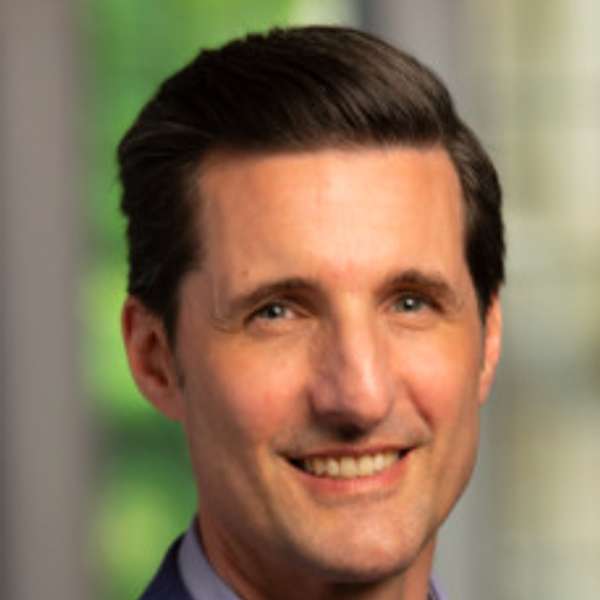
Livable Future Investing
Livable Future Investing
1. Luke Bretherton - What questions should a Christian ask with their investments?
What is a Christian to do with their investments?
Luke weaves theology and political economy into an analysis of our moment — making intelligible the mega-trends of how we’ve gotten here. A Christian view on capitalism — “can’t accept it’s terms and conditions as good”. Drawing on Jeremiah 29:7 — Luke says we’re “called to bear faithful witness within it and transform and convert it”.
Starting with his background in a merchant bank to his professorship in Ethics at Duke University, Luke Bretherton unpacks the problems we’re dealing with today. He helps us see how the commodification of nature and people -- has led to our deeply extractive version of economic life. Then he introduces the Christian worldview -- and how Catholic Social Teaching doesn’t accept the terms and conditions of capitalism (min. 14).
Luke then proceeds to talk about the two approaches: one that flows from economic rationality, cost-benefit analysis, efficiency, business bottom line, politics and society serve money — putting mammon before God, and the other that flows from integral ecology, drawing on economics as art, not a science; practical reasoning, not technical reasoning; and asks how do we provision for human flourishing?
What is a well formed conscience in the context of investing? (Min. 21) Who are we listening to? Am I only getting counsel from the financial services industry with it’s autistic visions of the human? What if we return to Aquinas? (min. 22:20) Luke then talks about how there is renunciation of control — making oneself vulnerable to others — and recognition of interdependence.
At Minute 26, we take up the question of power. Who has agency in our deliberative process? Luke gives the example of a group in Australia who didn’t divest from coal in the traditional way — but used a power analysis to understand the leverage points around insurance.
Near the end of our conversation (min 31), we turn to debt — a topic Luke has written about significantly — and for which there is a rich tradition of christian thought. The conclusion: We have made debt poison for the poor and medicine for the rich. So what is a Christian vision inside of this reality? How do I exercise my agency in collaboration with others? In my church?
Felipe Witchger, Co-founder of Francesco Collaborative interview with
Luke Bretherton, Cushman Distinguished Professor of Moral and Political Theology and senior fellow of the Kenan Institute for Ethics at Duke University